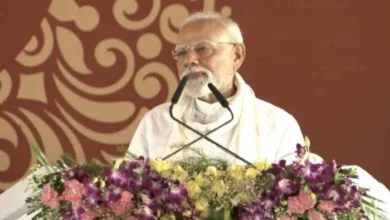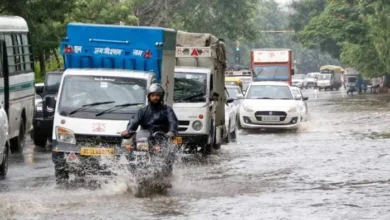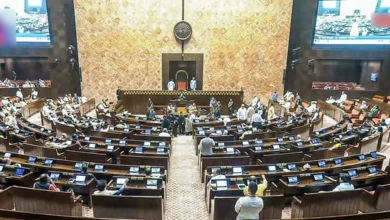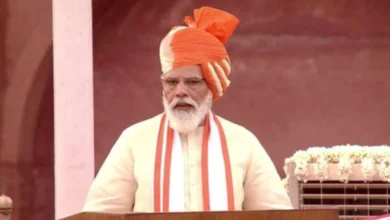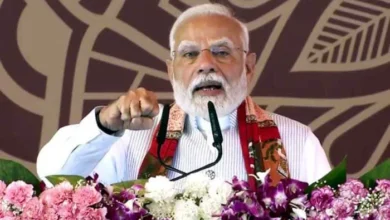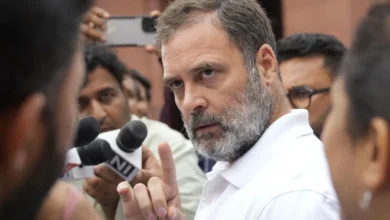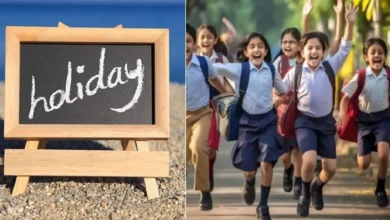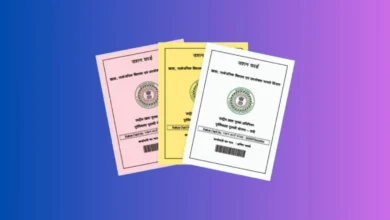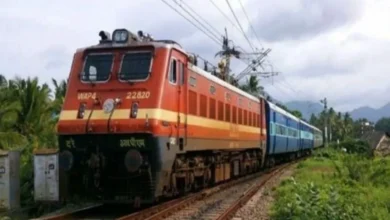PM Modi Trinidad trip after a 25-year gap aims to boost India’s Caribbean influence

Prime Minister Narendra Modi’s official visit to Trinidad and Tobago from July 3 to 4, 2025, is set to mark a milestone in India’s outreach to the Caribbean.
This will be Modi’s first-ever visit to the island nation as Prime Minister and the first Prime Ministerial-level bilateral visit from India to Trinidad and Tobago since 1999. Coming as part of his five-nation tour of the Global South, Modi’s trip to the twin-island nation carries significant symbolic weight – taking place in a year that commemorates 180 years since the arrival of Indian indentured labourers to Trinidad. But beyond symbolism, the visit aims to deepen India’s strategic cooperation with Trinidad and Tobago across multiple sectors, reaffirm India’s commitment to the Global South, and strengthen people-to-people ties with one of the largest Indian diaspora communities in the region.
Why Trinidad and Tobago matters to India
India and Trinidad and Tobago established diplomatic ties in 1962, the same year the Caribbean nation gained independence from British rule. Over the decades, relations have been shaped by shared democratic values, multilateral cooperation and a deep-rooted cultural connection driven by migration. The arrival of the first ship from India, the Fatel Razack, on 30 May 1845, brought with it 225 indentured Indian workers to then-British Trinidad. That migration continued until 1917, resulting in a vibrant and politically active Indian diaspora that today constitutes nearly 40 to 45 per cent of Trinidad and Tobago’s 1.36 million population.
Strategic intent
The Ministry of External Affairs (MEA) has underscored that the visit reflects India’s commitment to the Global South – a policy direction that New Delhi advanced through the Voice of the Global South Summit in 2023. Trinidad and Tobago, which has consistently supported India at international forums including the United Nations, is a key Caribbean partner in this engagement. Prime Minister Modi will be received with full diplomatic protocol, including a ceremonial welcome at Piarco International Airport, where national anthems of both countries will be played and a guard of honour will be presented. He is scheduled to hold bilateral talks with President Christine Carla Kangaloo and Prime Minister Kamla Persad-Bissessar, focusing on expanding cooperation in key areas such as health, agriculture, trade, ICT, education, culture, and energy.
Diaspora diplomacy
One of the central highlights of the visit will be Modi’s address to a Joint Sitting of Trinidad and Tobago’s Parliament – a rare and significant honour that reflects the depth of mutual respect between the two democracies. The Speaker’s chair in the T&T Parliament was gifted by India, a symbol of shared democratic traditions that continues to hold ceremonial significance. During the visit, a set of Memoranda of Understanding (MoUs) is expected to be signed, further institutionalising India’s development cooperation with Trinidad and Tobago. This includes grant-based projects, capacity-building initiatives, and potential collaboration in pharmaceuticals, disaster resilience, renewable energy, tertiary care and digital public infrastructure.
Commemorating shared heritage
Another focal point of the visit will be Modi’s public engagement with the Indian diaspora at a large community event scheduled for the evening of July 3 at the National Cycling Velodrome in Couva. With more than 4,000 people expected to attend, the gathering is likely to be an emotionally charged moment, tapping into a long-standing cultural connection between India and the Indo-Trinidadian community. The diaspora in Trinidad and Tobago is among the oldest and most deeply rooted in the Western Hemisphere, maintaining Indian customs, festivals, cuisine, and languages such as Bhojpuri across generations.
As part of the formal itinerary, Prime Minister Modi will also participate in a ceremonial tree-planting event and attend a cultural programme. Local media have reported that the Prime Minister may also visit a Hindu temple for a murti (idol) consecration ceremony, although this is yet to be officially confirmed.
Highest civilian honour
In a significant gesture, PM Modi will be awarded the Order of the Republic of Trinidad and Tobago (ORTT), the country’s highest civilian honour. The award was approved by the Trinidadian Cabinet led by Prime Minister Kamla Persad-Bissessar. The ORTT is rarely conferred, and Modi joins a small group of foreign leaders recognised for fostering international friendship and cooperation. The decision follows a pattern seen across the Caribbean during the India-CARICOM Summit held in Guyana in November 2024. PM Modi was similarly honoured by Guyana, Dominica and Barbados for his leadership and India’s global contribution during the COVID-19 pandemic.
Security arrangements in Trinidad and Tobago have been significantly stepped up for the visit. The Education Ministry has issued an early dismissal order for schools on July 4, citing the need to reduce traffic congestion along major highways and facilitate smooth movement for the high-level delegation. The visit will conclude with a formal exchange of MoUs, a tree planting ceremony at the Parliamentary Complex and potentially a state dinner hosted by the Trinidadian government.
What this visit signals
Officials from India’s Ministry of External Affairs have repeatedly emphasised that this visit is not only about strengthening bilateral ties but also about affirming the shared identity of the two nations. Both President Kangaloo and Prime Minister Persad-Bissessar – Indian-origin women lawyers – have publicly embraced their ancestral links to India, referring to themselves as “daughters of India.”
